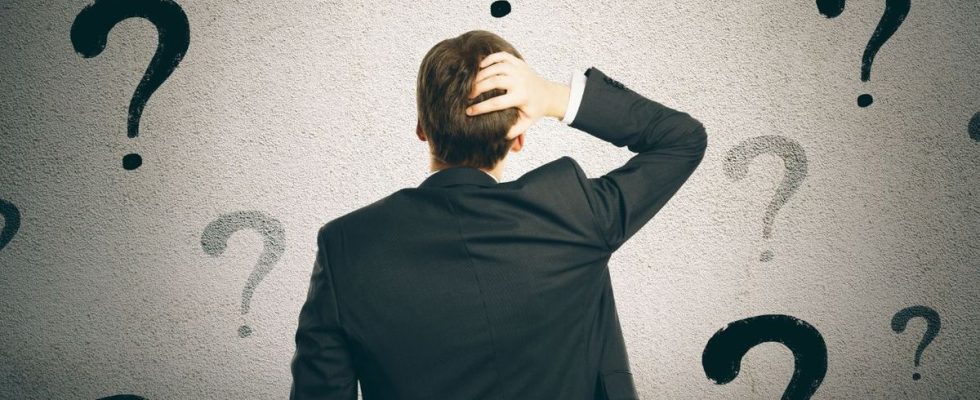“Do not doubt success and you will have it”, wrote Alfred de Musset. A quote which joins the findings of a study * by the Institute of Public Policies (IPP) carried out in 2021 with final year students and which is published this Wednesday. She emphasizes the role of self-confidence in career choices after the baccalaureate.
The researchers asked the students what their general average was in the first term of terminale, and to assess themselves in relation to other French students. They then compared this perceived rank with their actual rank. And the observation is clear: among the best students (with an average higher than 16), girls and students from disadvantaged social backgrounds tend to underestimate themselves, unlike boys and students from privileged social backgrounds.
Self-censorship in the choice of training
If the study does not provide direct explanations, Camille Terrier, professor at the University of Queen Mary in London and researcher affiliated with the IPP, puts forward some hypotheses: “It is possible that pupils from disadvantaged backgrounds evaluate in part according to their environment. If they are educated in high schools where the majority of students do not have very good results, their perception of themselves will be affected. Even if they have good grades, they may think that their level is lower than that of other students in better high schools. »
Regarding girls, multiple studies in the sciences of education have demonstrated the same trend “They have been exposed since childhood to gender norms and stereotypes. They are also less in contact with female models of success and are less at ease in competitive environments,” emphasizes the researcher.
A lack of self-confidence which has consequences, since students who underestimate their level make less ambitious career choices. The study indeed shows that these students choose less selective courses on Parcoursup, when they would have the skills to aim higher. Although more girls than boys continue their studies after the baccalaureate, with equal grades, they wish to pursue less prestigious courses and less financially attractive outlets. Ditto for students from disadvantaged backgrounds, who are less likely to apply for a preparatory class for the Grandes Ecoles (CPGE), for example. “They will practice self-censorship and will be more likely to go towards traditional university courses,” notes Camille Terrier.
More transparency on Parcoursup?
Are these inequalities in orientation a fatality? No, say the researchers. Because they have tested the effect produced by knowing their true level compared to that of their comrades who have gone to the four corners of France. They therefore indicated to some of the high school students tested their real position at the national level. And the situation changes: they become aware of their skills and formulate assignment wishes that correspond more to their real level. “Which greatly increases the likelihood, for example, that very good students from disadvantaged social backgrounds apply for a CPGE,” observes Camille Terrier. Logically, their chances of admission to excellent training also increase.
These results lead the IPP researchers to suggest to the Ministry of Higher Education some modifications to the Parcoursup platform: “Candidates should be given an idea of the profile of students admitted to training in previous years. For example by indicating: “Among the students admitted to this training last year, half had a general average of final year between 15 and 17 out of 20” , recommends Camille Terrier. And to remove the last brakes on enrollment among final year students, they should also be informed of the success rates of previous cohorts, which could reassure them about their own chances.

